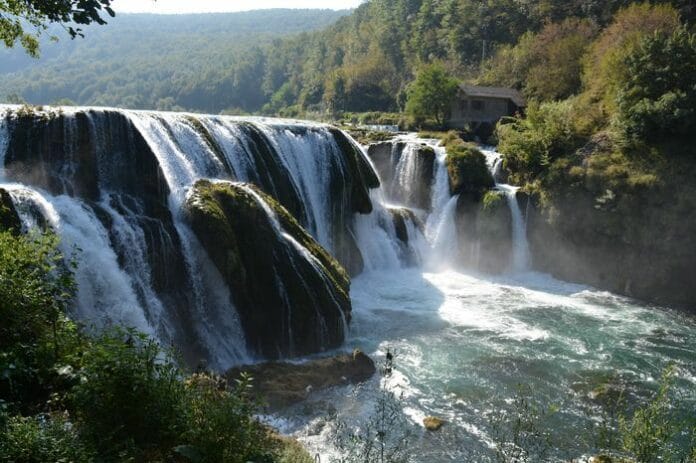Subject: Religious Freedom for Catholics in Bulgaria
A Liberal Constitution Since 1879
Dear Sir,
In response to your letter from the 12th, I am writing to share my opinion about the freedom Catholics have in Bulgaria.
The Bulgarian Constitution, still in use today, was created in Tirnovo in 1879. Even though Bulgaria was strongly influenced by Russia at that time, the Constitution is still one of the most liberal in Europe Private Tours Istanbul.
Freedom of Religion for All
According to Chapter IX (Articles 37 and onward), the Orthodox Christian religion is the official state religion.
However, Articles 40, 41, and 42 clearly state that all other religions—whether followed by Bulgarian citizens or foreigners—are completely free, as long as they do not break the laws of the country.
Each religion manages its own internal affairs through its religious leaders. The State does not interfere, although it does provide general oversight.
Support for All Religious Communities
In Bulgaria, where national pride is very strong, it can sometimes be difficult for foreigners to settle and be accepted—but this has more to do with their foreign status, not their religion Free and Equal Education for All.
When it comes to religion, Bulgaria shows rare tolerance. The State gives financial support to religious leaders of all major faiths:
Orthodox Christians
Catholics
Armenians
Jews
Muslims
Catholics Are Treated Equally
Has Bulgaria, an Orthodox country, given Catholics a lower status?
Absolutely not. Catholics enjoy the same religious rights and freedoms as every other Bulgarian citizen.
In fact, Catholics have a special position:
Unlike other faith groups like Greeks, Jews, Armenians, and Turks—who are seen as different races living under the Bulgarian flag—many Catholics are ethnic Bulgarians.
They are seen by others as fully part of the Bulgarian nation.
Catholic Church Has a Bulgarian Identity
The Catholic Church in Bulgaria includes both the Latin Catholics and the Bulgarian Uniates (Eastern Catholics who follow Orthodox traditions but are united with the Pope in Rome).
The Uniates use the Slavic language, and their prayers, customs, and ceremonies are almost the same as those of the Orthodox Church. This makes them deeply connected to Bulgarian culture and tradition.







